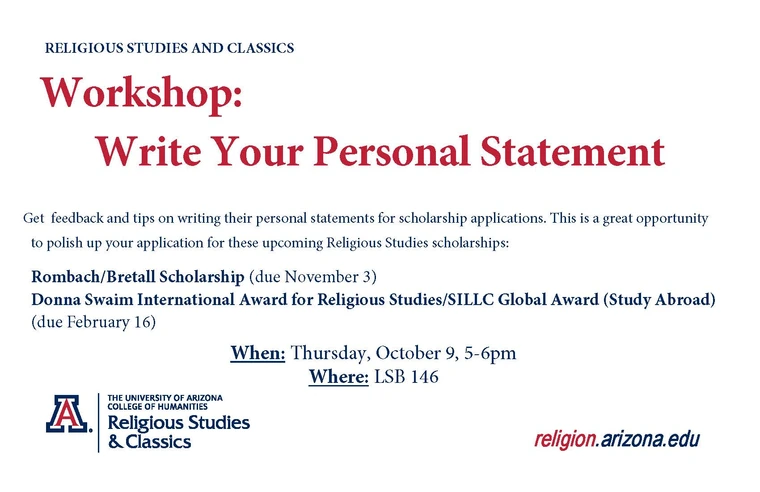Alison Jameson, Associate Professor of Practice in the Departments of Religious Studies and Classics and East Asian Studies, is the recipient of the College of Humanities 2025 Distinguished Undergraduate Advising/Mentoring Award.
Karen Seat, Head of the Department of Religious Studies & Classics, nominated Jameson for the honor, writing that she “spends the time to get to know each and every student who comes to her office and offers herself as a faculty advisor they can count on to support them each step of the way through their academic career."
“Dr. Jameson consistently goes above and beyond her regular duties to serve not only as an advisor but also as a tireless advocate, mentor, and anchor for our students,” Seat wrote. “As the primary faculty advisor for undergraduates in Religious Studies since 2016, she has spent an enormous amount of time and energy with students in this capacity, due to her deep commitment to their success and wellbeing.”
Seat noted that Jameson often “goes out of her way to advocate for students facing challenges or obstacles to their success,” which students wrote about in their own nomination letters.
“Professor Jameson’s guidance as an advisor was especially invaluable to me during one of the most challenging periods of my life,” wrote one student, detailing physical and mental struggles. “She not only provided academic guidance but also offered empathy and encouragement when I needed it most. Her care and understanding made me feel seen and supported when I otherwise felt isolated.”
“Anytime I felt myself worried about what I was doing or what to do next, I felt like Dr. Jameson was in my corner, helping me figure out the next step in the path, and if there wasn’t an obvious one, she was helping me lay a new stepping stone,” wrote another student. “She was a calm, confident presence, a person to whom I could go with any uncertainty or curiosity. I truly appreciate having had her as my adviser, and I believe that she deserves to be recognized by the College of Humanities for her advisership and mentorship to the undergraduate students.”
Seat wrote that Jameson’s has also been tireless in recruiting students, both through the relationships she develops in her own teaching, including Gen Ed courses that include large numbers of first- and second-year students, and through representing the department at various campus events. She has worked to create a sense of community among students, helping to develop the department’s first-ever Religious Studies student club.
With most Religious Studies students having two or three majors, Jameson makes painstaking efforts to work with them to map out their degree plan so that they can successfully complete all their degree commitments. Seat wrote, “Dr. Jameson steadily gives her all to mentoring and advising students, year in and year out.”











